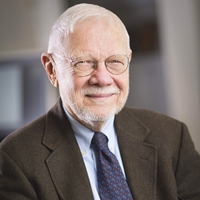Becoming America: The Revolution Before 1776
Jon Butler. Harvard University Press, $27.95 (336pp) ISBN 978-0-674-00091-9
Historians have often argued that the colonies became ""Europeanized"" in the century before the American Revolution, but in his latest book, Yale historian Butler (Awash in a Sea of Faith) contends that we need to pay close attention to this slice of early American history. The decades in between the Puritan-dominated 17th century and the market-revolutionizing early 19th century were a formative period, he suggests, during which a distinctly ""American"" society--and, as Butler would have it, the first ""modern"" society--developed. It was a culture ""simultaneously aggressive and willful, materialistic as well as idealistic, driven toward authority and mastery."" Butler examines the Americanizing process in the realms of politics, economics, religion and material culture. In the first chapter, ""Peoples,"" Butler reminds readers that late colonial society was polyglot and diverse--including Germans, French, Scots, Ibo, Ashanti, Yoruba, Catawba and Leni-Lenape. The rest of the book is marked by Butler's characteristic innovation. Regarding politics, for instance, he suggests that Americans were no longer harmoniously self-governing through the town meeting; it was the colony itself, rather than the local microcosm, that was the center of political life. Likewise, distinctly American decorative arts began to develop during these years: after 1680, the relatively simple public buildings of the 17th century were ""replaced by far larger, more elaborate facilities."" Butler's original analysis is important reading on 18th-century America; he shows that the colonies were developing distinct ways of spending, building, praying, decorating and politicking even then--a cultural revolution that anticipated the political revolution that was to follow. B&w photos not seen by PW. (Apr.)
Details
Reviewed on: 04/03/2000
Genre: Nonfiction
Paperback - 336 pages - 978-0-674-00667-6


